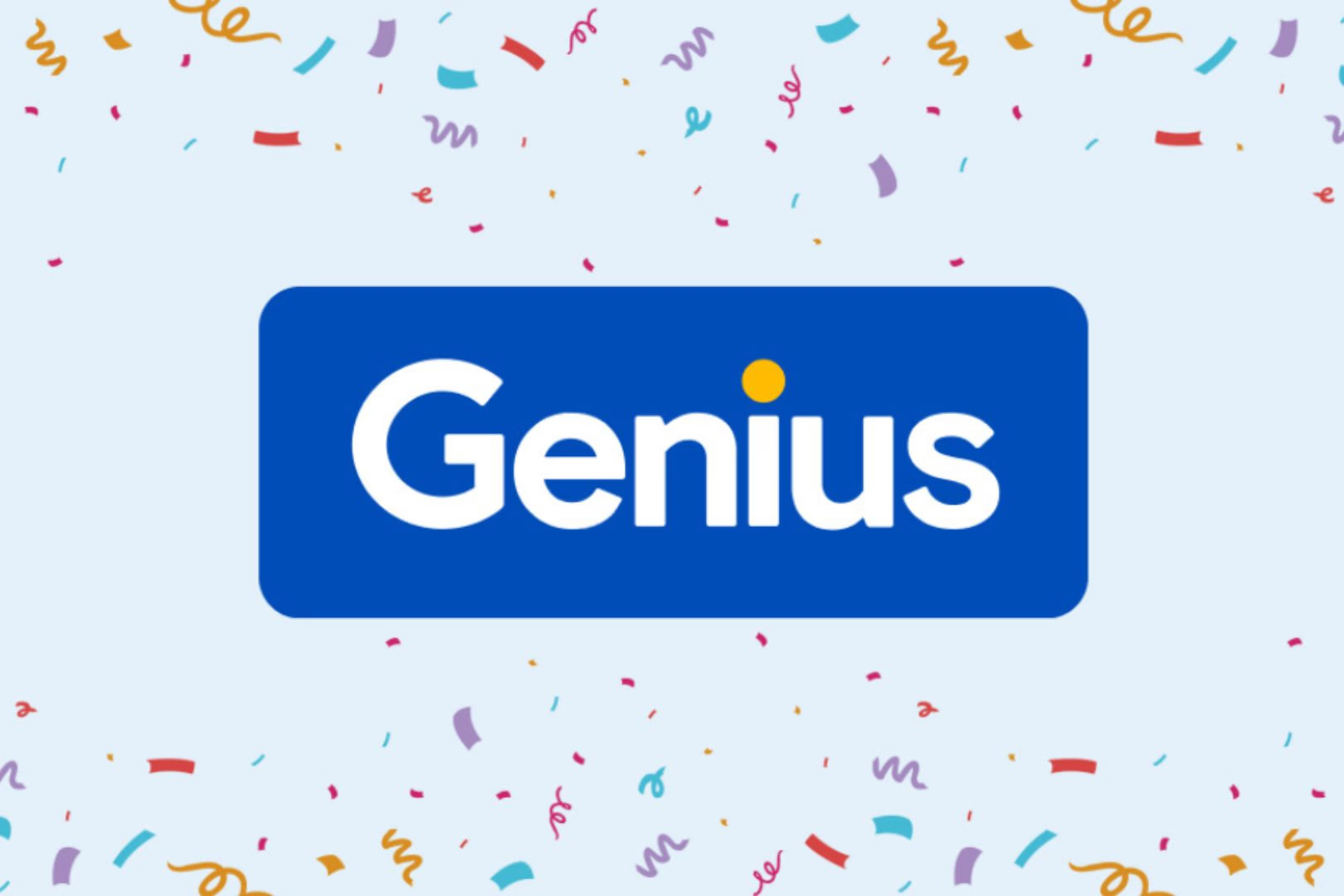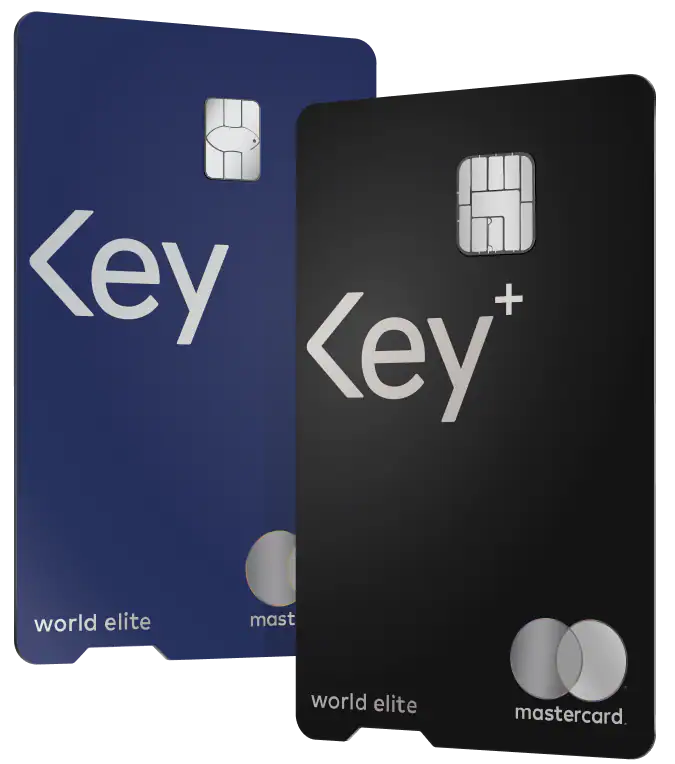Base hotel rates are typically similar across all three platforms due to rate parity agreements, but the real savings come from loyalty programs and promotional strategies
Booking.com's Genius program offers the most immediate value with 10-20% instant discounts after just 2-5 bookings
Expedia dominates promotional activity with 4x more discount codes than competitors, releasing an average of 3.4 codes monthly
Hotels.com's "Member Prices" can save 10-15% instantly, plus their OneKey rewards program provides 2% back on future bookings
Hidden fees are minimal on all platforms, but resort fees and cancellation policies vary significantly in presentation and flexibility
The winning strategy: Use Booking.com for instant discounts, monitor Expedia for frequent promotional codes, and leverage Hotels.com for consistent member savings
Finding the best hotel deals online shouldn't feel like solving a puzzle, yet millions of travelers waste money by booking on the first site they visit. With hotel booking platforms claiming to offer the "lowest prices," determining which actually delivers the best value requires looking beyond surface-level rates to understand loyalty programs, fee structures, and promotional patterns.
This analysis examines pricing differences, hidden costs, user experiences, and promotional strategies across Expedia, Booking.com, and Hotels.com for U.S. hotel bookings. By understanding each platform's strengths and tactical approach to savings, you can potentially save hundreds of dollars on your next hotel stay while avoiding common booking pitfalls.
Ready to start saving on hotels? Check out current Expedia promo codes for immediate discounts.
Base pricing reality: Why rates look similar everywhere
The truth about hotel pricing online is that base rates across Expedia, Booking.com, and Hotels.com are often identical due to industry rate parity agreements. These agreements prevent hotels from offering significantly different base prices across booking platforms, meaning that $150/night rate you see for the same room is likely the same on all three sites.
However, this rate parity creates opportunities for platforms to differentiate through other value-adds: member discounts, loyalty programs, promotional codes, and package deals. The real savings game happens in these additional layers, not in the base room rates themselves.
Where pricing differences actually occur
While base rates remain consistent, several factors create genuine price variations:
Member-only rates represent the most common price difference. Each platform offers logged-in users access to "secret" or "member" prices that can be 10-20% below public rates. These aren't marketing gimmicks—they're real discounts funded by the platforms to encourage direct bookings and user loyalty.
Promotional timing creates significant opportunities for savings. Our analysis of promotional activity from September 2023 to July 2025 reveals that Expedia leads with 75 promotional code releases, compared to Hotels.com's 41 releases and Booking.com's minimal 2 releases. This 37:1 ratio in promotional frequency between Expedia and Booking.com represents a fundamental difference in pricing strategy.
Package bundling offers another avenue for differentiation. Expedia's flight + hotel packages can provide genuine savings that standalone hotel bookings cannot match, since package deals operate outside standard rate parity agreements.
Loyalty program comparison: Where the real value lives
Understanding each platform's loyalty program is crucial for maximizing hotel savings, as these programs often provide more value than hunting for promotional codes.
Booking.com Genius: Instant gratification approach

Booking.com's Genius program offers the most straightforward value proposition. After completing just 2 bookings in 2 years, users unlock Genius Level 1 benefits including 10% off select hotels. Level 2 (5 bookings in 2 years) increases discounts to approximately 15% plus additional perks like free breakfast or room upgrades at participating properties.
The genius of this program lies in its immediacy—discounts apply instantly at checkout rather than as future credits. For frequent travelers, Level 3 benefits can reach 20% off with enhanced perks, making this program particularly valuable for those who book hotels regularly but across different brands.
Expedia OneKey: Cross-platform rewards

Expedia's OneKey program (shared with Hotels.com) takes a different approach, offering 2% back in OneKeyCash on hotel bookings. While this seems modest compared to Booking.com's instant discounts, OneKey rewards work across Expedia's entire ecosystem including flights, rental cars, and vacation rentals.
Higher tier members (Gold and Platinum) unlock VIP Access hotels with exclusive perks like free breakfast, room upgrades, and spa credits. These benefits can add significant value, particularly for luxury hotel stays where upgrade value might exceed hundreds of dollars.
Hotels.com Member Prices: Consistent savings
Hotels.com leverages the same OneKey foundation but emphasizes "Member Prices"—exclusive rates for logged-in users that average 10-15% below public pricing. This strategy provides consistent savings without requiring multiple bookings to unlock benefits.
The platform's approach appeals to occasional travelers who want immediate savings without committing to earning loyalty status. Combined with OneKey's 2% back, Hotels.com can provide solid value for price-conscious travelers.
Hidden fees and total cost transparency
One of the most important factors in hotel booking platform comparison is how each handles additional fees and total cost disclosure.
Resort fees and mandatory charges
All three platforms display resort fees and mandatory hotel charges, but their presentation varies significantly. Resort fees—those controversial charges for wifi, gym access, and other "amenities"—appear on every platform because they're hotel-imposed, not platform-imposed.
Booking.com tends to show the most transparent pricing breakdown, clearly separating base rates from taxes and resort fees. Many bookings on Booking.com use "pay at property" arrangements, meaning you see exact costs upfront without the platform collecting payment for fees.
Expedia and Hotels.com typically collect payment upfront for room rates and taxes, with resort fees paid directly to the hotel at check-in. While this creates a split payment experience, both platforms clearly disclose these fees during booking.
Cancellation policies and flexibility
Cancellation flexibility varies more by rate type than by platform, but each site presents these policies differently:
Booking.com excels at presenting cancellation terms clearly, with prominent "Free cancellation" labels and clear deadlines. Their pay-at-property model often makes cancellations simpler since payment hasn't been processed.
Expedia requires more careful attention to cancellation terms, particularly for package bookings where changing one component can affect others. However, their 24-hour grace period for most bookings provides some flexibility.
Hotels.com generally mirrors Expedia's cancellation approach but tends to highlight flexible rates more prominently, making it easier to identify refundable options.
User experience and booking process comparison
The booking experience significantly impacts your ability to find the best deals and avoid costly mistakes.
Search functionality and filtering
Booking.com consistently receives the highest ratings for search functionality and user interface design. Users report that Booking.com's search results feel more relevant and that filtering by specific needs (location, amenities, price) works more intuitively than competitors.
Hotels.com offers a streamlined, hotel-focused experience without the complexity of multi-product booking. This simplicity appeals to users who specifically need accommodation without flights or car rentals.
Expedia provides the most comprehensive travel planning tools but can feel overwhelming for users who only need hotel bookings. However, for complex itineraries involving multiple travel components, Expedia's integrated approach provides significant value.
Mobile experience and exclusive deals
All three platforms offer mobile apps with occasional app-exclusive deals:
Hotels.com frequently promotes mobile-only rates that can provide additional 5-10% savings beyond standard member prices.
Expedia offers mobile-specific promotional codes and flash sales through push notifications.
Booking.com maintains consistent pricing across platforms but provides the most stable mobile experience for booking modifications and customer service.
Promotional code analysis: Data-driven insights
Our analysis of promotional activity from September 2023 to July 2025 reveals distinct strategies across the three platforms.
Expedia's aggressive promotional strategy
Expedia leads promotional activity with 75 discount code releases over the analysis period. This represents an average of 3.4 promotional codes per month, with notable spikes during traditional travel booking seasons.
Key patterns in Expedia's promotional activity:
Strongest promotional periods: August 2024 (7 codes), September 2024 (5 codes), and March 2025 (5 codes)
Consistent monthly activity with only 3 months showing zero promotional codes
Strategy appears focused on maintaining regular promotional momentum rather than seasonal bursts
This aggressive promotional approach suggests Expedia prioritizes customer acquisition and retention through frequent discount opportunities, making it worthwhile to check for current promotions before booking.
Hotels.com's seasonal approach
Hotels.com released 41 promotional codes during the same period, showing clear seasonal patterns:
Peak activity during spring booking season (April-May 2024: 11 codes)
Strong fall travel promotion period (September-November 2024: 13 codes)
More sporadic promotional activity compared to Expedia's consistent approach
This pattern suggests Hotels.com times promotions around peak booking periods rather than maintaining constant promotional pressure.
Booking.com's minimal promotional strategy
Booking.com's approach stands out for its restraint, with only 2 promotional codes released during the entire analysis period. This minimal promotional activity aligns with their focus on the Genius loyalty program rather than broad discount campaigns.
This strategy suggests Booking.com believes their instant Genius discounts provide sufficient value without needing frequent promotional campaigns.
Strategic booking recommendations by travel type
Different travel scenarios favor different platforms based on their unique strengths.
Best platform for last-minute bookings
For same-day or next-day hotel needs, Hotels.com often provides the best value through their "Deal of the Day" section featuring up to 50% off last-minute inventory. Combined with mobile-exclusive rates, last-minute bookers can find significant savings.
Expedia also excels for last-minute travel, particularly through their "Tonight Only" deals accessible via mobile app. Their frequent promotional activity increases chances of finding additional discounts for immediate travel.
Optimal choice for advance planners
Travelers booking months ahead should focus on Booking.com's Genius program for immediate savings and Expedia'spackage deals for complex itineraries. Early booking rarely provides platform-specific advantages, but qualifying for loyalty benefits through advance booking can create long-term value.
Luxury hotel bookings
For high-end properties, Expedia's VIP Access program provides the most valuable perks for Gold and Platinum members. Free room upgrades, late checkout, and spa credits can add hundreds of dollars in value to luxury stays.
Booking.com may offer Genius perks at luxury properties, but these tend to be less comprehensive than Expedia's VIP benefits.
Budget-conscious travelers
Price-sensitive travelers benefit most from Hotels.com's consistent Member Prices and Booking.com's instant Genius discounts. Both provide immediate savings without requiring complex qualification processes.
The winning hotel booking strategy
Rather than loyalty to a single platform, the optimal approach combines each platform's strengths:
Start with Booking.com to establish Genius status quickly. Two bookings unlock 10% instant discounts that apply immediately to future reservations.
Monitor Expedia regularly for promotional codes, especially during high-activity periods. With 3+ promotional codes monthly on average, checking before booking can yield additional savings.
Use Hotels.com for consistent member savings when other platforms don't offer better deals. Their 10-15% Member Prices provide reliable value.
Compare final prices including all fees, loyalty discounts, and available promotions before booking. Rate parity means base prices are similar, but total cost after discounts can vary significantly.
Consider package deals through Expedia when booking flights and hotels together, as these often bypass rate parity agreements.
Timing your bookings for maximum savings
Based on promotional patterns, optimal timing strategies include:
Spring booking season (March-May): Hotels.com shows increased promotional activity during this period.
Late summer (August-September): Expedia typically increases promotional code releases.
Avoid June and July for promotional codes across all platforms, as this represents the lowest promotional activity period.
Platform-specific money-saving tactics
Maximizing Expedia savings
Join OneKey before booking to earn 2% back on all hotel stays
Check mobile app for exclusive flash sales and tonight-only deals
Consider packages when booking multiple travel components
Monitor promotional codes monthly, as Expedia averages 3+ releases
Target VIP Access hotels if you achieve Gold or Platinum status
Optimizing Booking.com value
Complete 2 bookings quickly to unlock Genius Level 1 benefits
Focus on properties with Genius perks like free breakfast or upgrades
Use pay-at-property options for maximum cancellation flexibility
Book through mobile app for the most stable user experience
Don't expect frequent promo codes — rely on Genius discounts instead
Hotels.com efficiency strategies
Always log in to access Member Prices (10-15% average savings)
Check mobile app for app-exclusive rates
Use Deal of the Day section for last-minute bookings
Combine with OneKey rewards for additional 2% back
Monitor seasonal promotional patterns for additional discount opportunities
Advanced comparison shopping techniques
Multi-platform research approach
Search all three platforms for your specific dates and destination
Log into each to see member-only rates
Apply any available promotional codes to calculate true costs
Factor in loyalty program benefits like free breakfast or upgrades
Compare total value including perks, not just room rates
Red flags to avoid
Too-good-to-be-true pricing that's significantly below competitors may indicate restricted availability or additional fees.
Pressure tactics claiming "only 1 room left" should be verified across platforms.
Package deals should be compared to booking components separately to ensure genuine savings.
Non-refundable rates require careful consideration of travel certainty versus savings amount.
Your hotel booking game plan
The hotel booking landscape favors informed consumers who understand each platform's unique value proposition. While base hotel rates remain similar across Expedia, Booking.com, and Hotels.com due to rate parity agreements, significant savings opportunities exist through loyalty programs, promotional codes, and strategic booking timing.
Booking.com provides the most immediate value through Genius discounts that require minimal qualification. Expediaoffers the most promotional opportunities with 3+ discount codes monthly and valuable VIP perks for frequent travelers. Hotels.com delivers consistent member savings with straightforward pricing.
The winning approach combines all three platforms strategically: establish Genius status on Booking.com for instant discounts, monitor Expedia for frequent promotional opportunities, and use Hotels.com for reliable member savings. By understanding each platform's strengths and promotional patterns, you can save hundreds of dollars annually while avoiding common booking pitfalls.
Your next hotel booking shouldn't be a gamble on which platform offers the best deal. With this strategic framework, you can confidently navigate the hotel booking landscape and ensure you're getting maximum value for every trip.
Ready to put these strategies into action? Find current Hotels.com promo codes and start saving on your next hotel booking.

by Sean Fisher
AI Content Strategist · Demand.io
Sean Fisher is an AI Content Strategist at Demand.io, where he leads content initiatives and develops an overarching AI content strategy. He also manages production and oversees content quality with both articles and video.
Prior to joining Demand.io in September 2024, Sean served as a Junior Editor at GOBankingRates, where he pioneered the company's AI content program. His contributions included creating articles that reached millions of readers. Before that, he was a Copy Editor/Proofreader at WebMD, where he edited digital advertisements and medical articles. His work at WebMD provided him with a foundation in a detail-oriented, regulated field.
Sean holds a Bachelor's degree in Film and Media Studies with a minor in English from the University of California, Santa Barbara, and an Associate's degree in English from Orange Coast College.




